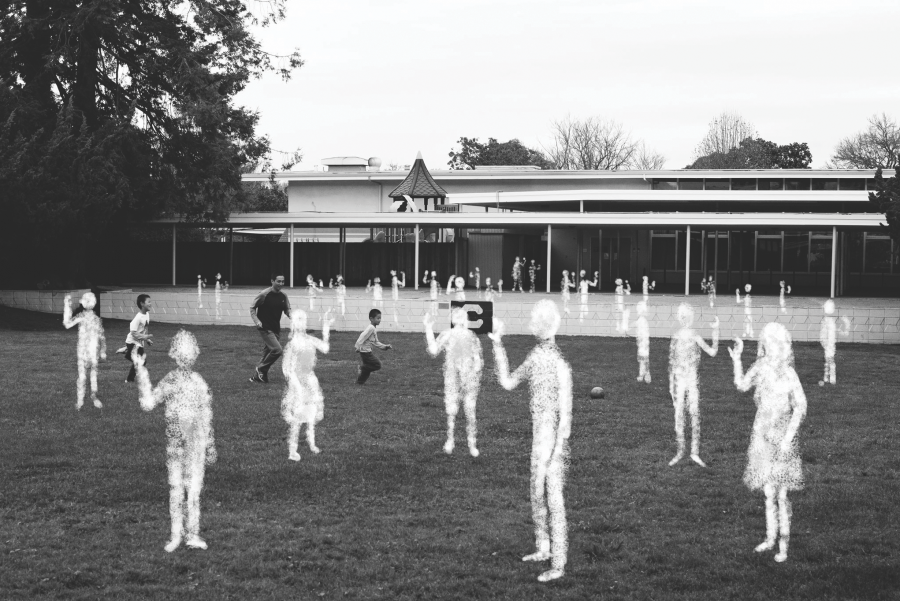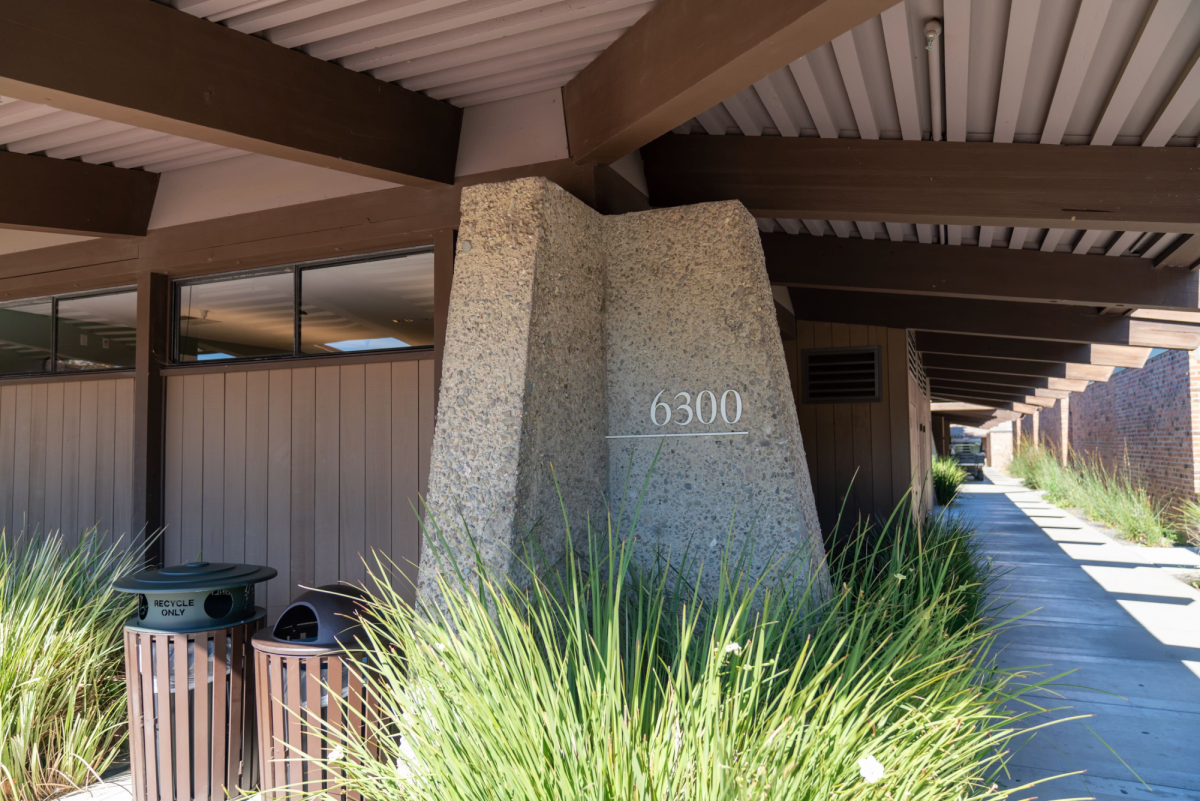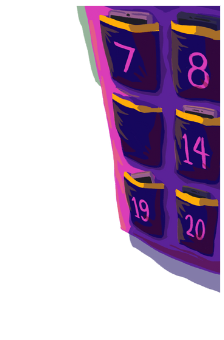Written by Janet Wang
On March 22, the documentary “Lesson Plan: The Story of the Third Wave” premiered in Palo Alto for the first time at the Cubberley Theater. The film was created in 2011 by former Cubberley High School students who took part in a 1967 experiment that mimicked the rise of authoritarian leaders. The premiere was hosted by the Palo Alto History Museum and sponsored by the Palo Alto Unified School District, the League of Women Voters of Palo Alto, the Human Relations Commission of the City of Palo Alto and the Palo Alto Library.
The Third Wave experiment was led by former Cubberley High School social studies teacher Ron Jones in his Contemporary World History class, according to original Wave student and associate producer Mark Hancock. The Third Wave experiment has been adapted into many movies, books and plays, but in 2010, Hancock and fellow Wave classmate Philip Neel released “Lesson Plan,” which documented student stories from the Wave class. Hancock says that the biggest challenge was finding students to share their experiences. “There’s no class list. We hoped that Jones would have one, but he didn’t and we don’t, but we all remembered a few people and [tried] to pull together the experiences that [we] had,” he said.
Since the documentary had not been shown in Palo Alto yet, Hancock reached out to Palo Alto historian Steve Staiger to organize a premiere showing. Staiger believes that the Third Wave is an important part of Palo Alto history that needs to be recognized more. “I know people who’ve lived in Palo Alto their whole lives who have no knowledge of The Wave,” he said. “I hope that people realize that this is a part of Palo Alto history that people don’t know anything about.”
The experiment commenced after students questioned how totalitarian dictators like Adolf Hitler were able to gain so many supporters. Jones created a week-long experiment with the goal of recreating the atmosphere in Nazi Germany and teaching students about the rise of fascism. During the experiment, the charismatic, popular teacher implemented strict rules that applied to students both in and out of school. Students were instructed to salute Jones and other Third Wave students with a cupped hand, wear distinctive arm bands and turn in students who did not comply with or spoke against any rules. Jones also assigned students different roles to reinforce a dictator-like environment. “If you went to somewhere like a coffee shop after school and someone was in your Wave class and you didn’t salute them, and they turned out to be a secret police, they could turn you in the next day,” Hancock said. “It went from fun to confusion to fear as the days went by.”
The movement was built upon three pillars: strength through discipline, strength through action and strength through community. Students were encouraged to spread the word about the movement and support it by making posters and chanting. Jones told students that he had established a grading system in which a student would get an A if they were an active party member, a C if they were a passive member, an F if they tried to create a revolution and failed and an A if they tried to start a revolution and succeeded.
At the end of the week-long experiment, Jones told his students that the Third Wave was a real political movement spreading across the nation. Students who believed him attended a rally that showed a compilation of videos of Nazi Germany and revealed that Jones had been conducting an experiment the entire time, exemplifying how easy it was to become entranced in a dictatorship.
The premiere event in Palo Alto began with the viewing of the documentary, followed by a question and answer session with the original students and Jones and a reception in the classroom where the finale of the experiment took place.
English department secretary Lynn Glover attended the event after reading a staff-wide email promoting the film screening, and became intrigued because of her Palo Alto roots. “I’m so ingrained in Palo Alto and went to school here—I was at Terman in 1967,” she said. “The opportunity to be able to see and hear from the teacher and some of the students was such a unique opportunity. It was also valuable experiencing the event along with other long-term fellow residents and friends.”
Chemistry teacher Dr. Heather Mellows also attended the event and said that whether she agrees with Jones’ experiment or not, she wishes Gunn could have as much freedom as he did with teaching. “At Gunn right now, we are not allowed nearly as much freedom as he was and our teaching suffers from that,” Mellows said. “If a teacher does something that’s out of step with the other teachers who are teaching the class or however it was done last year, there is often immediate parent reaction.”
Through his experiences as a Wave student, Hancock ultimately believes that it is important for people to remain wary about who they follow and know when to be an upstander when it is needed. “One of my favorite phrases is ‘Democracy is not a spectator sport,’” Hancock said. “You have to be active and a participant and you can’t sit idly by and watch.”





















